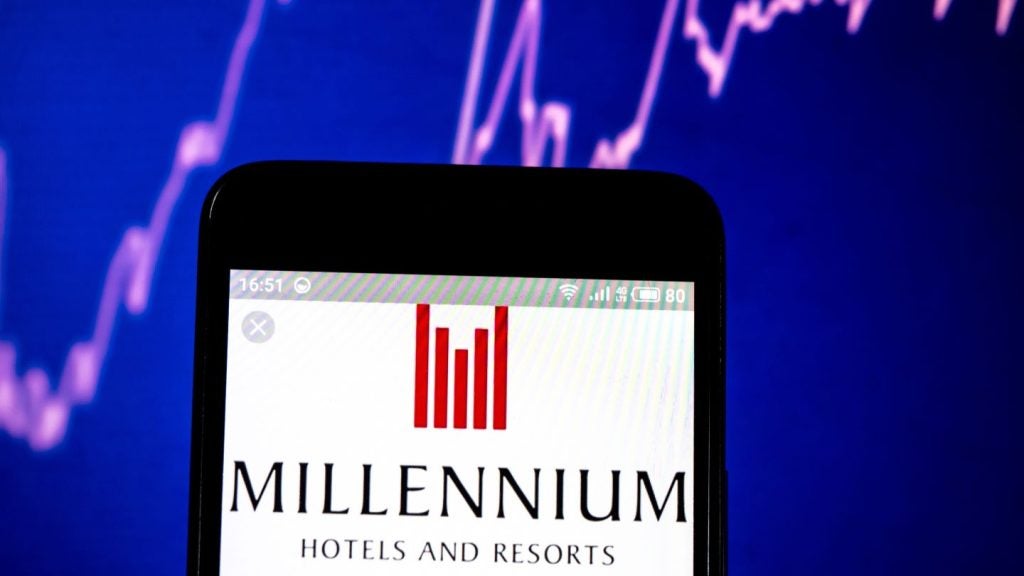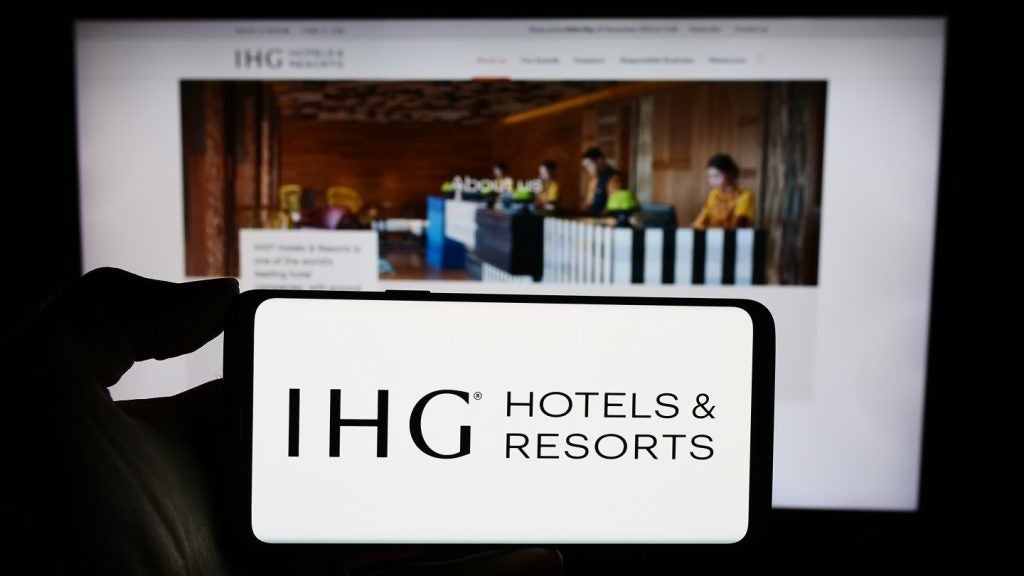Artificial intelligence (AI) is playing an increasingly critical role in the hotel industry, primarily to carry out routine human tasks. This can potentially save hotel owners money, eliminate the risk of human error, and deliver better service.
Customer service is also an important part of the hotel industry. AI has opened endless possibilities for improving this aspect, ranging from increased customisation to tailored recommendations. Additionally, it can assist with tasks such as data collection and analysis and can effectively adapt to customer interactions.
Discover the leading artificial intelligence companies in the hotel industry
Using its experience in the sector, Hotel Management Network has listed some of the leading companies providing products and services related to AI and some of the leading hotel AI companies.
The information provided in the download document is drafted for hotel executives and technology leaders involved in hotel AI solutions.
The download contains detailed information on suppliers and their product offerings, alongside contact details to aid purchase or hiring decisions.
See Also:
Amongst the leading suppliers of hotel AI solutions are Apple, Meta, Alphabet (Google), Microsoft, Amazon, Alibaba Group, Tencent, IBM, NVIDIA, and Darktrace.
How has AI improved the hotel industry?
In-person customer service
AI is used to deliver in-person customer service. The development of robots with AI can deal with basic customer-facing situations. For example, Connie, an AI robot adopted by Hilton, can provide information to customers interacting with them. It can learn from human speech and adapt accordingly. The robots get better gradually with more interactions with customers.
Messaging and chatbots
The technology can be extremely effective in providing front-facing customer services such as direct messaging, responding to simple questions or requests, and online chats.
Data Analysis
AI can be used to rapidly go through voluminous amounts of data to extract important conclusions about customers, or potential customers.
Benefits of artificial intelligence in the hotel industry
AI enables hyperdynamic pricing which allows booking sites to automatically go through social media, users’ past data, and even current news to display rates which can increase earning potential. It can predict the usage of utilities and improve revenue generation and save energy. AI can improve group booking software to help them work better and smarter for a seamless and improved booking experience.
AI makes recruitment smarter within the hotel and hospitality industry. It enables innovative tools, such as Cvent Event Diagramming, to create smart 3D diagrams of event spaces, allows Chatbot translators to recognise the languages quickly of the website visitors based on their location, as well as makes feedback actionable.
For full details (including contact details) on the leading companies within this space, download the free Buyer’s Guide below:
Frequently asked questions
-
How is artificial intelligence (AI) revolutionising the hotel industry?
AI is transforming hotel operations by enhancing personalisation, automating tasks, and improving overall guest experience. From virtual concierges and predictive maintenance to dynamic pricing algorithms, AI adapts in real-time to offer tailored recommendations, streamline check-ins, and optimise resource use. Machine learning also enables hotels to analyse large datasets, predicting guest preferences and behaviours for more targeted marketing efforts. These applications reduce staff workloads, improve energy efficiency, and boost revenue while delivering highly personalised services to guests.
-
What are some common AI-driven guest service applications in hotels?
Hotels utilise AI in guest service applications like virtual assistants, facial recognition systems, and automated room control systems. Virtual assistants, often powered by natural language processing, handle guest queries, manage reservations, and suggest activities based on previous preferences. Meanwhile, AI-based room controls allow guests to adjust lighting, temperature, and entertainment systems via voice commands or mobile apps. AI-powered chatbots and robots manage common tasks like check-ins, freeing staff for more complex interactions while maintaining a seamless and convenient guest experience.
-
How does AI help hotels optimise pricing strategies?
AI-driven dynamic pricing models help hotels optimise room rates based on real-time demand, occupancy levels, competitor pricing, and market trends. These models use machine learning algorithms to constantly adjust prices to maximise revenue while remaining competitive. For instance, during peak travel periods, AI systems can increase room prices when demand is high or offer discounts during low-occupancy periods. This ensures that hotels remain profitable without compromising on guest acquisition, while simultaneously enhancing revenue management processes.
-
Which companies are leading the AI revolution in the hotel industry?
Leading companies such as IBM, Google, and Microsoft are at the forefront of developing AI technologies for the hotel sector. IBM’s Watson is used for virtual concierge services, providing guests with instant, accurate responses to their questions. Google’s AI capabilities support advanced voice-activated room controls and personalised recommendations. Microsoft’s Azure platform enables hotels to use AI for predictive maintenance, which helps anticipate equipment failures, reducing downtime and maintenance costs, while keeping operations running smoothly.
-
How does AI enhance energy efficiency in hotels?
AI enhances energy efficiency by integrating smart systems that monitor and control energy consumption in real time. Hotels implement AI-driven energy management systems to adjust heating, cooling, and lighting based on guest occupancy or activity. Machine learning algorithms predict energy needs based on historical data, weather forecasts, and guest behaviours, allowing hotels to reduce energy waste without compromising guest comfort. By automating energy usage, hotels achieve significant savings and reduce their carbon footprint, helping to meet sustainability goals.






